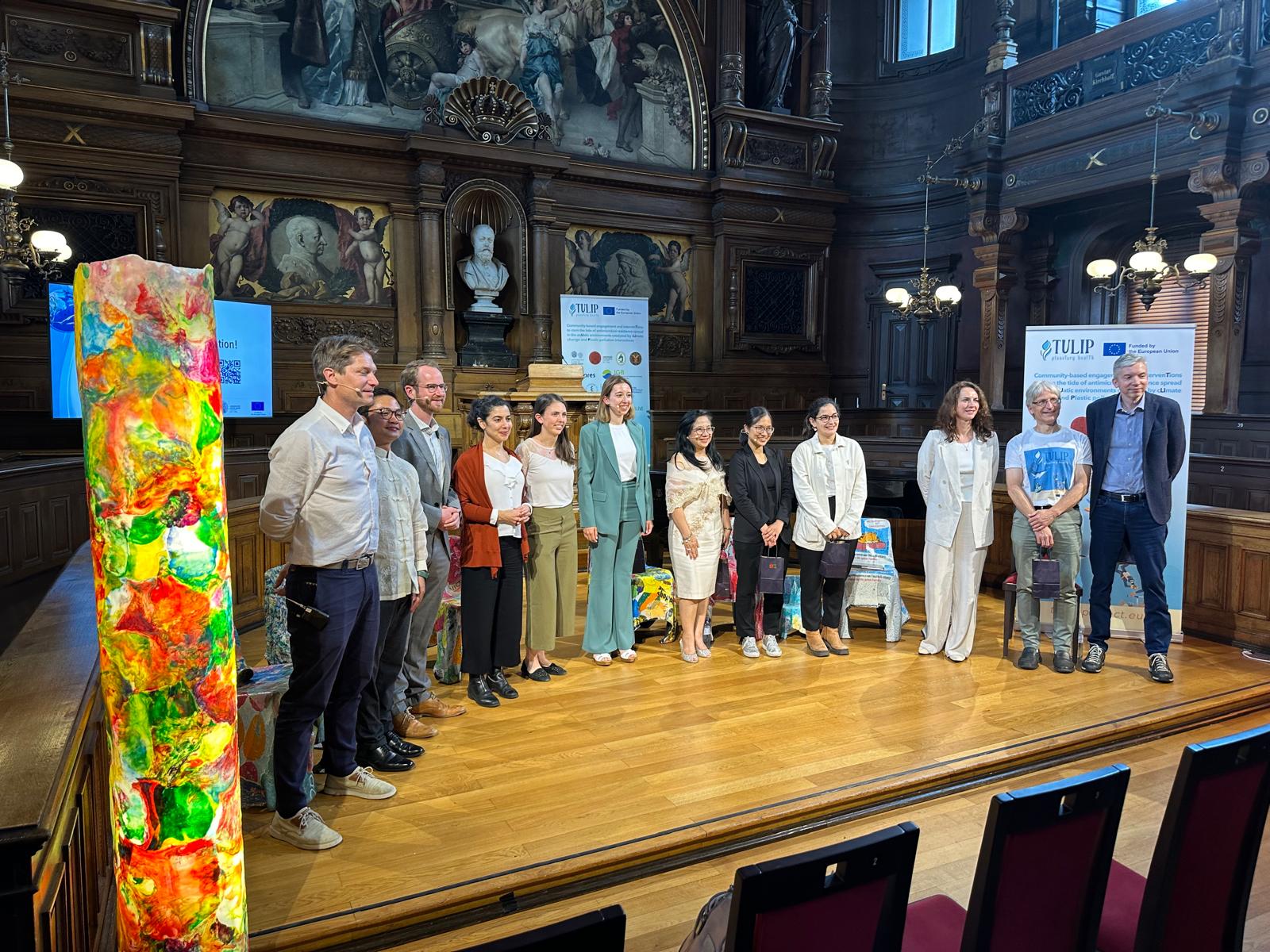Next events comming soon…
Archive past Events
TULIP RESEARCH-TO-POLICY:
A dialogue on plastic pollution, climate change, and antimicrobial resistance
SEE THE FULL EVENT AT:

